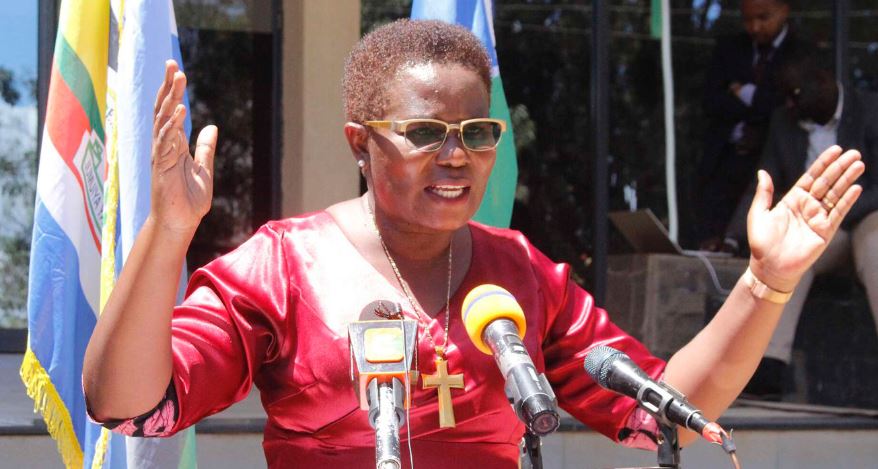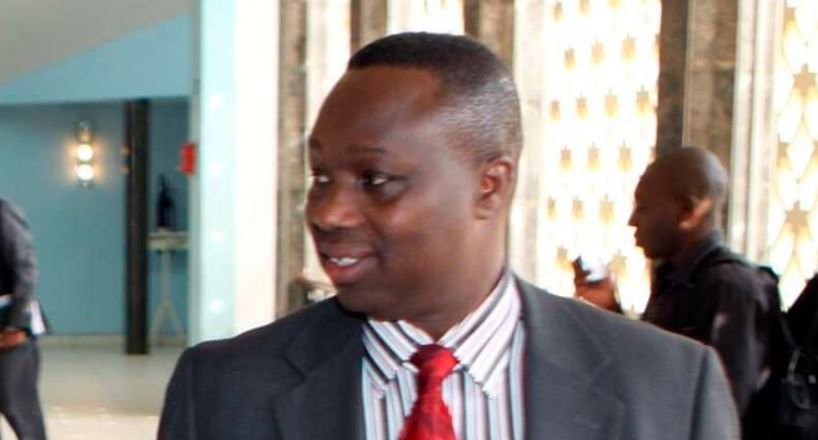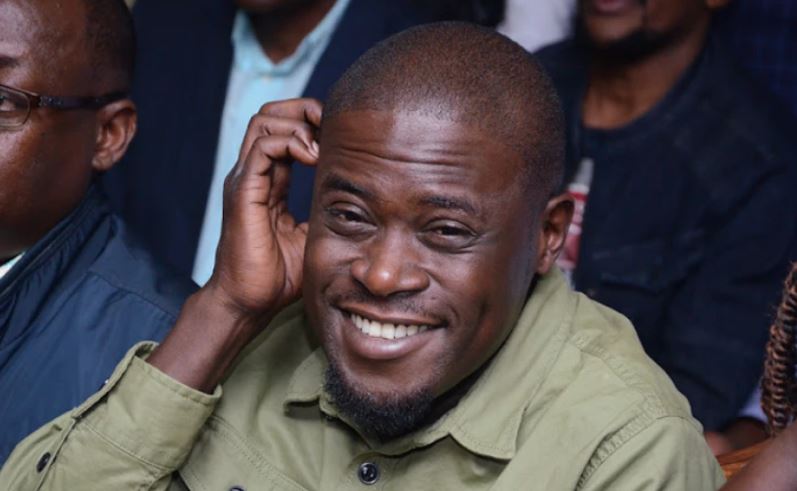
On Thursday, December 15, Senate Speaker Amason Kingi received the approved motion from Meru County Assembly Speaker Ayub Bundi.
Kingi now has seven days to convene a special sitting to debate the impeachment motion.
The Senate, by resolution, may appoint a special committee comprising 11 members to probe the allegations against Governor Mwangaza.
Should the Senate form the special committee, then the members will have ten days – from the special sitting date – to hear the matter and make its recommendations to the House.
“If the special committee reports that the particulars of any allegation against the governor have not been substantiated, further proceedings shall not be taken in respect of that allegation,” Section 33 (6) (a) of the County Governments Act stipulates.
Should the committee find that the reasons for the removal of the governor cited by the MCAs are substantial and proven, then the committee can recommend the removal of the governor, though the entire Senate has to vote to either endorse the recommendation or reject it.
Before the vote, Governor Kawira will have a right to a fair hearing.
If a majority of the senators vote to uphold any impeachment charge, Governor Kawaira will be out of office.
“If a vote in the Senate fails to result in the removal of the governor, the Speaker of the Senate shall notify the speaker of the concerned county assembly accordingly and the motion by the assembly for the removal of the governor on the same charges may only be re-introduced to the Senate on the expiry of three months from the date of such vote,” Section 33 (8) of the County Governments Act states.
The law allows MCAs and the Senate to impeach a governor on the following grounds: incompetence, abuse of office, gross misconduct, physical or mental incapacity or gross violation of the Constitution.
Governor Kawaira is accused of gross misconduct, abuse of office and gross violation of the Constitution.
According to Meru MCAs, the governor engaged in nepotism, illegal appointments, unlawful dismissals, usurpation of constitutional and statutory functions, incitement, bullying, vilification and misleading campaigns against other leaders.
Governor Kawira is also accused of forceful entry into the county assembly and mobilising unlawful riots against MCAs.








